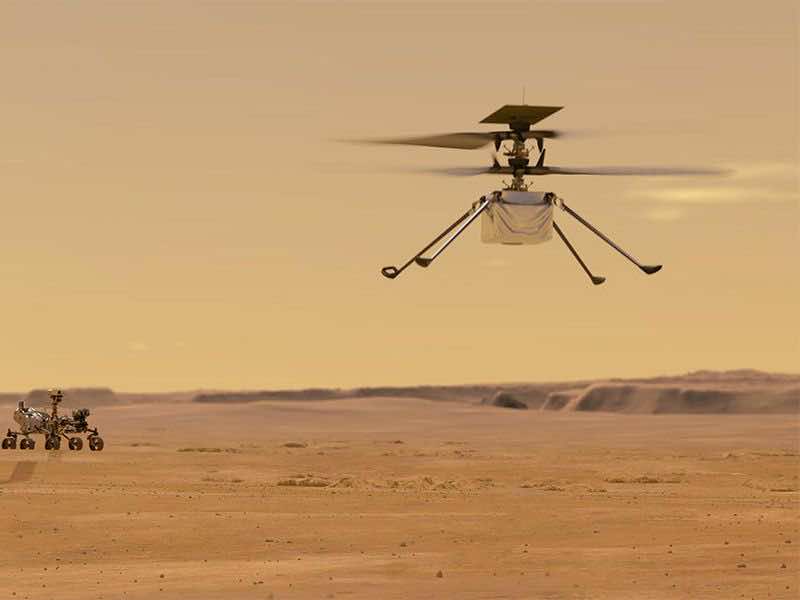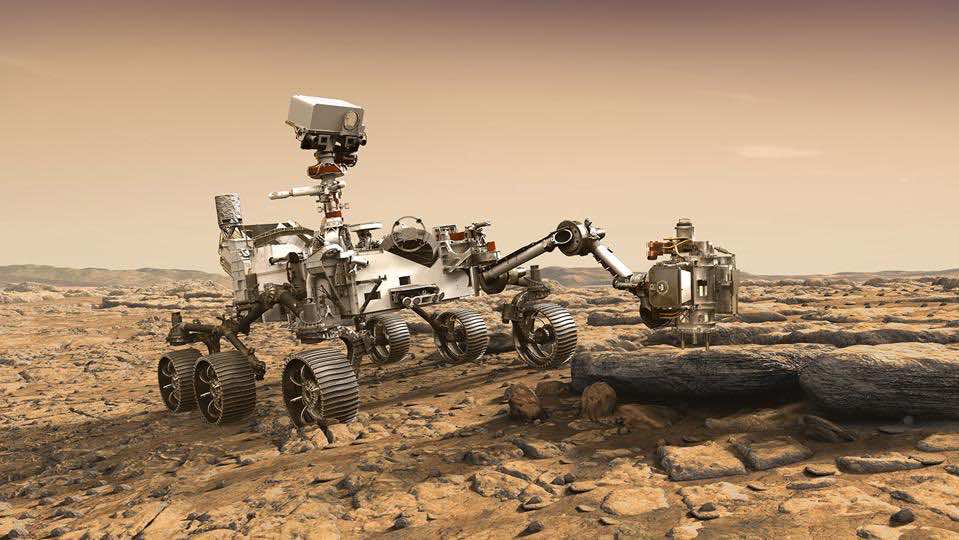NASA’s Mars Rover is gearing up to collect Martian rock samples in an attempt to explore the ancient life on the planet.
Most of the Ingenuity’s work is over as it has proven grounds for a successful lift and keeping in air. This has left NASA focusing more on Perseverance’s latest mission which for the most part accounts for collecting Martian rock samples and packaging them back to Earth.
Martian rocks would be collected by NASA’s rover to then be delivered to Earth for their close observation for signs of ancient microbial life.
Perseverance’s Twitter account tweeted, “I’m preparing to collect Martian samples in the search for ancient microbial life,” the tweet says. “As part of the process, I’ve been testing out the coring system on my robotic arm to make sure it works properly before I drill some of the interesting rocks around me.”
Previously, NASA spent quite some time focusing on the Martian helicopter, the drone-sized Ingenuity. Most of the recent news from NASA was pertaining to the helicopter’s first flight, and later on its increased duration of staying mid-air. It proved the earthly technology good enough to take off for successful flights in the Martian atmosphere.

“With this recent fifth helicopter flight, we’re transitioning from the technology demonstration phase to more of an operations demonstration phase as we now turn our attention more towards the robotic arm science-based portion of the mission and as we prepare for the sample acquisition phase of the project,” Perseverance surface mission manager Jessica Samuels said in the video.
NASA is moving forward on its Mars mission as it enters into a new phase of research. However, it will still be some time before the rock samples are collected and sent to Earth for investigation because the Rover still has to undergo testing of its components and maneuvers before it starts collecting the long-awaited rock samples.

Perseverance, the Martian rover is loaded with technology including sensors and scanners, however, most of the analysis of the rocks would take place in laboratories on Earth. This leaves that it would still be a while before scientists learn about ancient past life on Mars, but the process to find more answers has begun won’t be something wrong to say.


